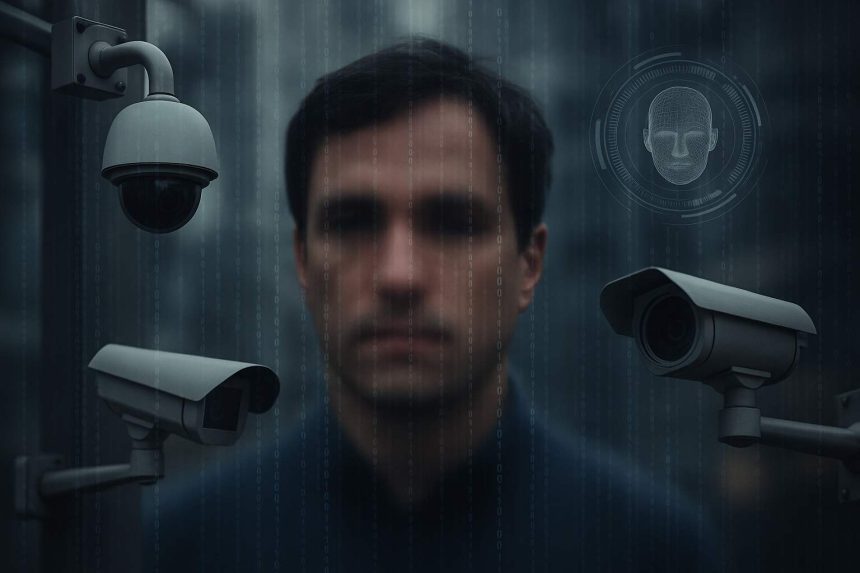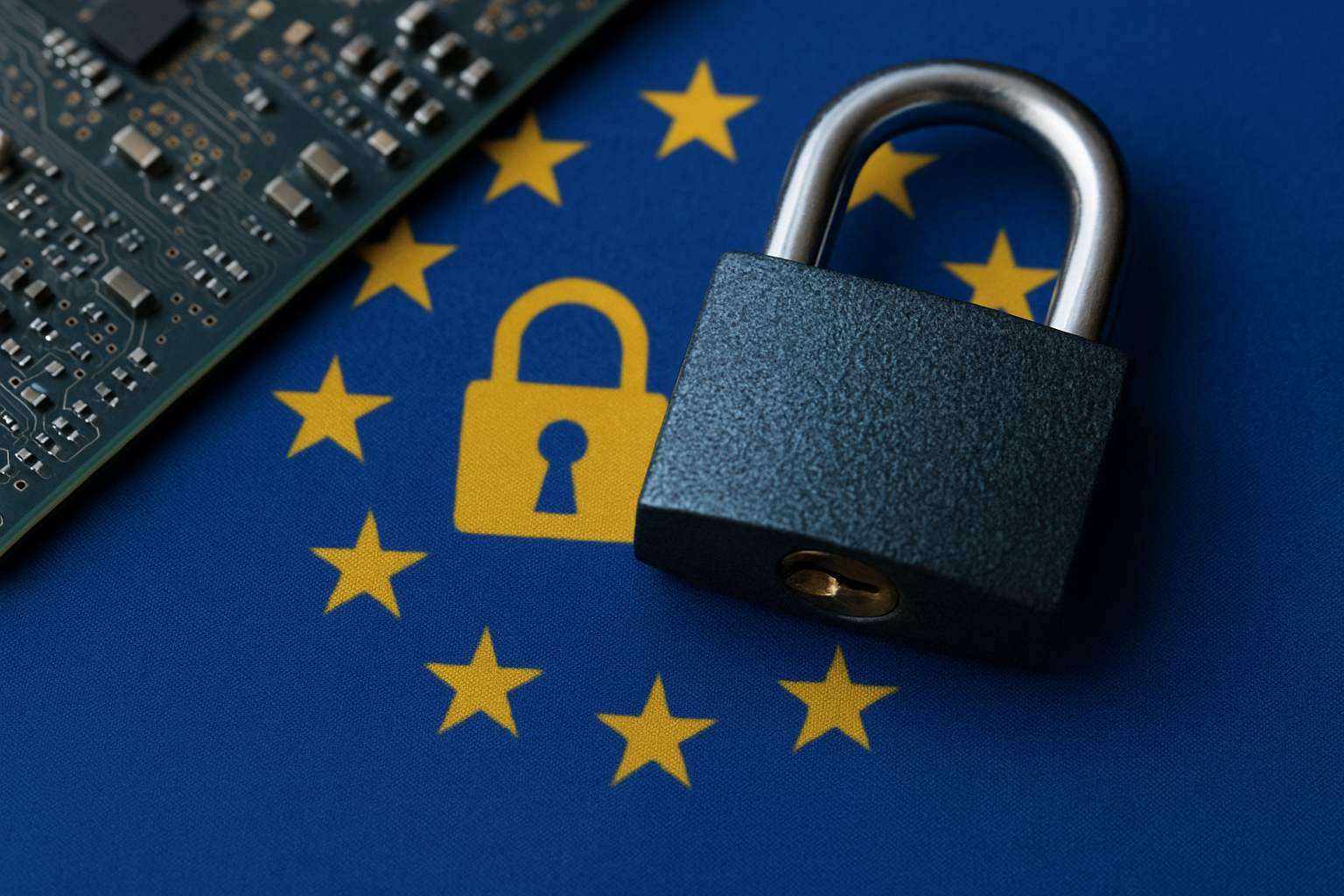The illusion of privacy
We like to think that privacy is a matter of choice — that by adjusting settings or rejecting cookies, we can control who sees our information.
But in today’s hyperconnected world, that control is largely symbolic.
Every click, search, and swipe adds to an invisible profile that defines who we are in the eyes of algorithms.
- The illusion of privacy
- The normalization of surveillance
- Corporate surveillance and data capitalism
- Government surveillance: security vs freedom
- The rise of biometric identity
- Life in the data cloud
- Psychological consequences
- The end of secrets?
- Fighting back: the privacy renaissance
- Redefining privacy for the future
After Cambridge Analytica, people realized that their data wasn’t just being collected — it was being weaponized.
Yet despite widespread outrage, surveillance capitalism has only expanded, becoming more subtle and more sophisticated.
The normalization of surveillance
Once, online tracking felt invasive; now, it’s part of everyday life.
Smart devices listen, cameras recognize faces, and apps track locations in the background.
The trade-off is convenience — personalized recommendations, faster services, and predictive tools that seem almost magical.
But beneath this convenience lies a massive infrastructure of surveillance.
As privacy advocates often say, “If it’s free, you are the product.”
The cost of digital convenience is constant exposure.
Corporate surveillance and data capitalism
Big Tech companies — Meta, Google, Amazon, and others — collect vast quantities of personal data to feed their advertising engines.
This data fuels algorithms that predict behavior and influence decisions.
It’s not just about knowing who you are, but shaping what you might do next.
Shoshana Zuboff coined the term surveillance capitalism to describe this system: an economic model that profits from turning human experience into raw material for prediction and control.
It’s a model that thrives on the erosion of privacy.
Government surveillance: security vs freedom
Governments also play a major role in the decline of privacy.
From national security programs like PRISM to biometric databases and facial recognition systems, the state increasingly monitors its citizens — often in the name of safety.
The dilemma is ancient but urgent: how do we balance security and freedom?
In an era of cyber threats and misinformation, surveillance can appear necessary — yet once implemented, it rarely disappears.
The rise of biometric identity
In many countries, biometric systems have replaced traditional forms of identification.
Fingerprints, facial scans, and iris recognition promise efficiency — but they also introduce new vulnerabilities.
Unlike a password, you can’t change your face or fingerprint if it’s compromised.
The spread of facial recognition technology in public spaces raises ethical questions about consent, bias, and misuse.
When everyone can be tracked automatically, anonymity becomes a privilege of the past.
Life in the data cloud
Our personal lives now exist as data scattered across servers around the world — messages, photos, health records, and financial transactions.
The boundaries between the physical and digital self have blurred.
This new reality, sometimes called the datafication of life, means our private moments no longer belong entirely to us.
Even companies that promise privacy face breaches.
In 2023 alone, over 500 million users worldwide had sensitive information exposed through leaks, hacks, or poor security practices.
Psychological consequences
Constant surveillance affects behavior.
Psychologists describe this as the “panopticon effect,” inspired by philosopher Jeremy Bentham’s vision of a prison where inmates behave because they might be watched.
Online, this translates into self-censorship.
Knowing that our actions are recorded, we begin to curate our identities, avoid controversial opinions, and conform to what feels safe.
The result: less authenticity, more anxiety.
The end of secrets?
With enough data, privacy no longer means hiding what you say — it means controlling how algorithms interpret it.
Predictive analytics can infer your relationships, habits, and even political beliefs without direct disclosure.
In the near future, total privacy may be impossible.
Smart cities, connected cars, and wearable devices will generate data constantly.
What once required surveillance now happens automatically.
Fighting back: the privacy renaissance
Despite this grim outlook, resistance is growing.
Privacy-first technologies like VPNs, end-to-end encryption, and decentralized networks are empowering individuals again.
The popularity of tools such as Signal, Tor, and Brave Browser shows that users care about privacy — when they have a choice.
New legislation like the Digital Markets Act and California Privacy Rights Act also aims to curb excessive data collection and give users real control over their information.
Redefining privacy for the future
Privacy may no longer mean invisibility.
In a connected world, it must evolve into something proactive: data autonomy — the ability to decide, understand, and revoke consent at any time.
The challenge ahead is cultural as much as technological.
We must reimagine privacy not as secrecy, but as dignity — the right to exist online without being exploited.
Takeaway: The Cambridge Analytica scandal marked the beginning of the end for digital innocence.
In the age of total data, privacy is no longer guaranteed — but it’s not gone forever.
Its survival depends on awareness, innovation, and collective will to protect what makes us human: the right to keep part of our lives unseen.







